Signs of Anxiety You Shouldn’t Ignore
Most of us feel anxious from time to time. It’s normal to feel nervous before a big test or a first date. But for some people, anxiety can be more than just an occasional feeling. It can be a full-blown disorder that makes it hard to function in day-to-day life.
If you’re not sure whether your anxiety is just nerves or something more, here are 10 signs to look out for.


1. uncontrollable worry: If you find yourself worrying about things that you can’t control, or if you can’t seem to stop worrying even when there’s nothing to worry about, it may be a sign of anxiety.
2. irrational fears: A fear is considered irrational if it’s out of proportion to the actual danger involved. For example, if you’re afraid of flying but have never had a problem with it, that would be an irrational fear. Or if you’re afraid of public speaking but have never been in a situation where you had to do it, that would also be an irrational fear.
3. avoidance: If you’re avoiding certain situations or activities because you’re afraid of them, it may be a sign of anxiety. For example, if you’re afraid of flying, you might avoid taking trips or going on vacation. Or if you’re afraid of public speaking, you might avoid giving presentations at work or school.

4. physical symptoms: Physical symptoms such as sweating, trembling, racing heart, and dizziness are all common signs of anxiety.
5. insomnia: An anxious mind can often lead to sleepless nights. If you find yourself tossing and turning or waking up in the middle of the night because you can’t shut off your thoughts, it may be a sign of anxiety.

6. irritability: If you find yourself feeling more irritable and on edge than usual, it could be a sign that your anxiety is starting to get the better of you.
7. difficulty concentrating: When your mind is racing with anxious thoughts, it can be hard to focus on anything else. If you’re having trouble paying attention at work or school, or if you find yourself forgetting things more often than usual, it may be a sign that your anxiety is starting to interfere with your daily life.
8. restlessness: People with anxiety often have a hard time sitting still and relaxing. If you find yourself fidgeting or pacing back and forth when you’re trying to take a break or relax, it may be due to pent-up anxious energy.
9. fatigue: Feeling tired all the time is another common symptom of anxiety disorders. This can be caused by insomnia as well as by all the physical symptoms of anxiety (such as racing heart and trembling).
10 . changes in appetite: Anxiety can cause changes in appetite and weight gain or weight loss due to changes in eating habits.
“Anxiety disorders are serious medical illnesses that affect approximately 19 million American adults”
“Treatment works and people with anxiety disorders can get better.”
says psychologist Carol Mathews, PhD.
If you think you might have an anxiety disorder, talk to your doctor or make an appointment with a mental health professional.

